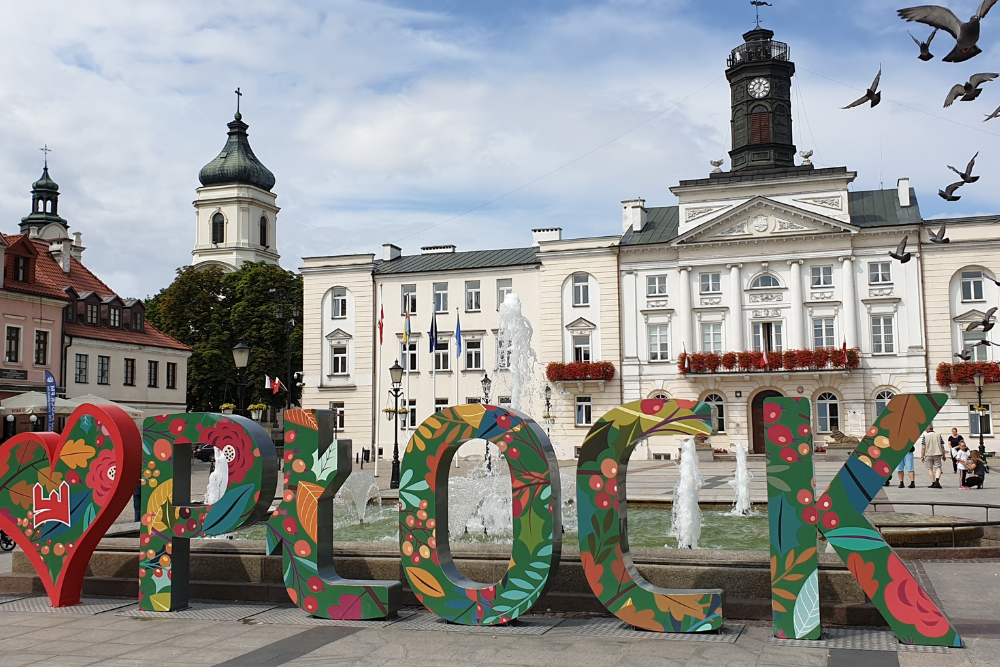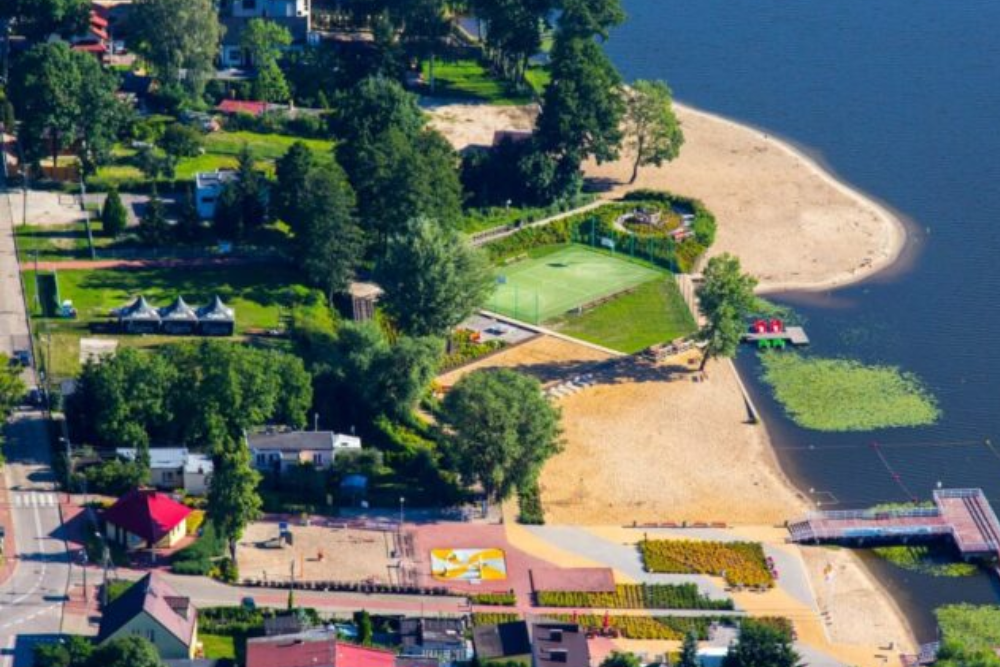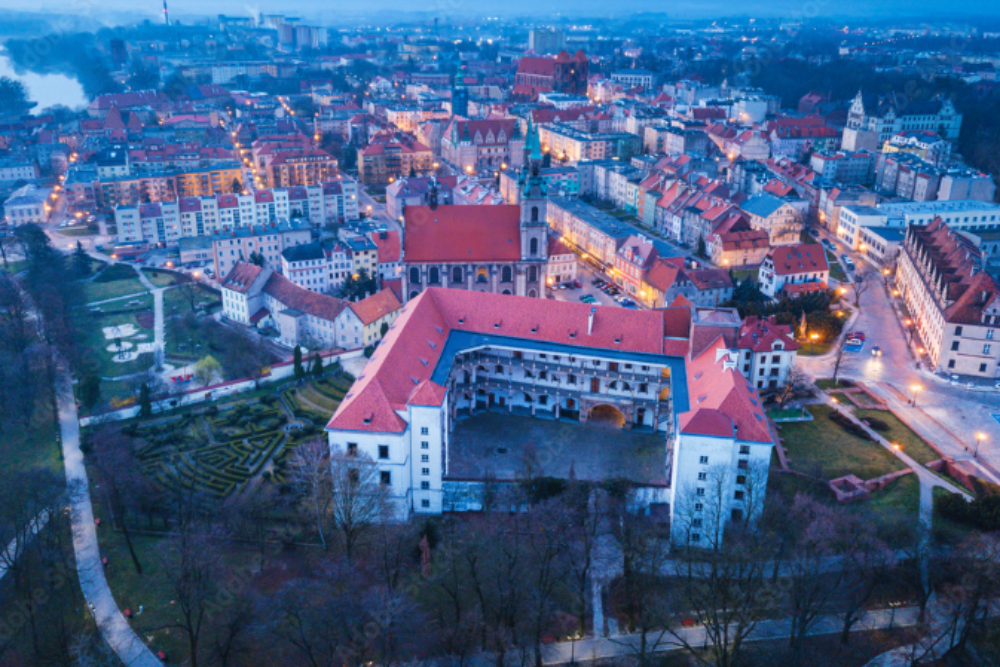Vietnam is a stunning destination known for its vibrant culture, breathtaking landscapes, and delicious cuisine. However, as tourism continues to grow, the impact on the environment and local communities becomes more pronounced. Sustainable travel is essential to preserving the beauty of Vietnam for future generations. In this blog, we’ll explore eco-friendly tips and practices for your journey through this incredible country.
Understanding Sustainable Travel
Sustainable travel focuses on minimizing the negative impacts of tourism while maximizing the benefits for local communities and environments. This includes supporting local economies, preserving natural resources, and respecting cultural heritage.
Why Travel Sustainably in Vietnam?
- Environmental Protection: Vietnam is home to diverse ecosystems, including rainforests, coral reefs, and wetlands. Sustainable practices help protect these fragile environments.
- Cultural Respect: Engaging respectfully with local cultures enriches your travel experience and supports communities.
- Responsible Tourism: By choosing eco-friendly options, you contribute to sustainable development, creating a positive impact on the communities you visit.
Eco-Friendly Tips for Traveling in Vietnam
1. Choose Eco-Friendly Accommodations
Opt for hotels and guesthouses that prioritize sustainability. Look for accommodations that:
- Use renewable energy sources.
- Implement water conservation practices.
- Support local communities by employing local staff and sourcing food from local markets.

Recommendations:
- Hotel de l’Opera Hanoi: This eco-friendly hotel emphasizes sustainability and local culture.
- The Chic Hoi An: A boutique hotel that supports local artisans and uses sustainable practices.
2. Support Local Businesses
Choose to dine at locally-owned restaurants, purchase souvenirs from local artisans, and participate in community-led tours. This not only enriches your experience but also helps support the local economy.
Tips:
- Try Bánh Mì from street vendors and local eateries instead of international fast food chains.
- Visit local markets like Ben Thanh Market in Ho Chi Minh City for authentic souvenirs and handicrafts.
3. Reduce Plastic Waste
Plastic pollution is a significant issue in Vietnam. You can help reduce plastic waste by:
- Bringing a reusable water bottle to refill at water stations.
- Using reusable bags for shopping.
- Avoiding single-use plastics, such as straws and utensils, by requesting alternatives when dining out.
4. Use Public Transportation
Vietnam has a variety of public transportation options, including buses, trains, and ferries, that can significantly reduce your carbon footprint.
Options:
- Trains: Consider taking a scenic train ride along the coast, such as the journey from Hanoi to Da Nang.
- Buses: Use local buses for city travel, which are generally inexpensive and eco-friendly.

5. Engage in Eco-Tours
Participating in eco-tours can provide you with unique experiences while ensuring that your travel is sustainable. Look for tours that focus on:
- Wildlife conservation: Explore the Mekong Delta or national parks while learning about local flora and fauna.
- Community projects: Engage with local communities through volunteer programs or cultural exchanges.
Recommended Eco-Tours:
- Mekong Delta Eco-Tours: Experience the beauty of the delta while learning about sustainable farming practices.
- Tam Dao National Park: Guided treks with local guides can offer insight into biodiversity and conservation efforts.
6. Practice Responsible Wildlife Tourism
Vietnam is home to incredible wildlife, but tourism can sometimes lead to exploitation. To ensure that your wildlife encounters are ethical:
- Avoid attractions that exploit animals, such as animal shows or riding elephants.
- Support sanctuaries or rescue centers that focus on rehabilitation and conservation.

7. Respect Local Culture and Customs
Understanding and respecting local customs is crucial for sustainable travel. Here are some tips:
- Learn a few basic Vietnamese phrases to engage with locals.
- Dress modestly, especially when visiting religious sites.
- Be mindful of local customs, such as asking permission before taking photos of people.
8. Offset Your Carbon Footprint
Consider offsetting your carbon emissions from travel by contributing to environmental projects. Many organizations allow you to calculate your carbon footprint and donate to initiatives such as reforestation, renewable energy projects, or wildlife conservation.
9. Minimize Water Usage
Water scarcity can be an issue in certain areas of Vietnam. Conserve water during your travels by:
- Taking shorter showers.
- Reusing towels and linens in your accommodation.
- Being mindful of water usage when brushing your teeth or washing dishes.

10. Leave No Trace
When exploring Vietnam’s natural beauty, follow the principles of Leave No Trace:
- Take your trash with you and dispose of it properly.
- Stick to designated paths to protect fragile ecosystems.
- Avoid disturbing wildlife and natural habitats.
Conclusion
Sustainable travel in Vietnam is not just a trend but a vital commitment to preserving the country’s natural and cultural heritage. By implementing these eco-friendly tips during your journey, you can contribute to the well-being of local communities and the environment while enjoying the stunning beauty of Vietnam. As you plan your trip in 2025, remember that every small effort counts in making a big difference. Embrace the adventure of sustainable travel and discover the magic of Vietnam responsibly!












